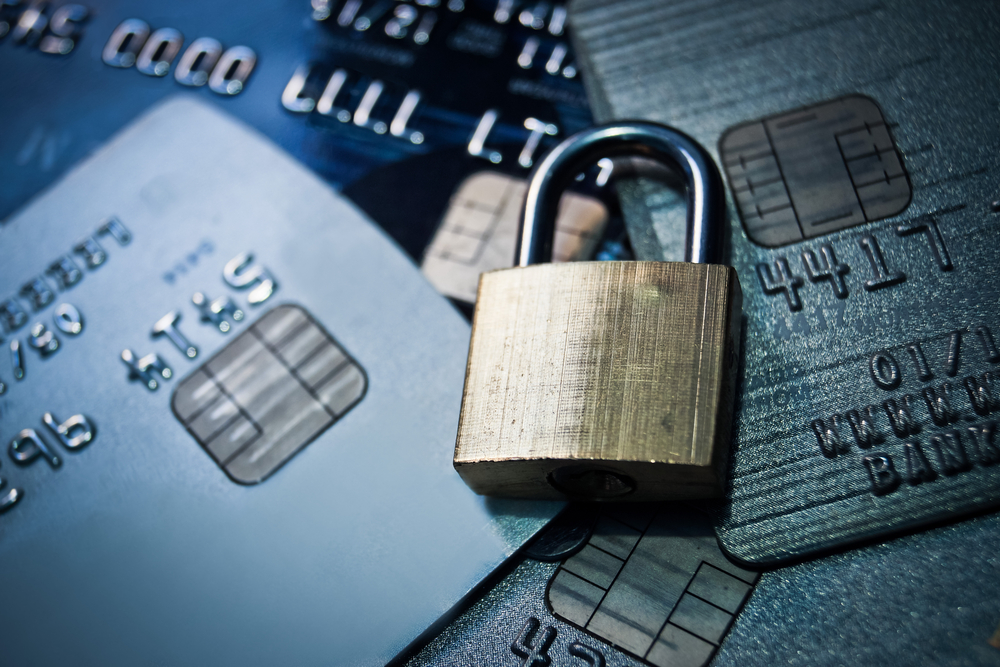
08 Nov 8 Warning Signs Of Identity Theft
Identity theft is becoming increasingly common. Identifying identity theft quickly may help limit the damage, thereby reducing the time and energy needed to resolve it. We’ve compiled the following list of the most common warning signs of identity theft to help you recognize when you may need to take corrective action.
Recognizing Red Flags for Identity Theft
Identity theft often comes with telltale red flags. Watch for the following signs someone stole your identity:
1. Something doesn’t look right on your bank or credit card statement
It’s important to review your bank accounts and credit card activity regularly for accuracy. This is true both for accounts you use for daily and recurring charges and for accounts you maintain but don’t frequently use. Identity thieves may initially “test” accounts with small, easily overlooked transactions; a careful review can help you spot such activity.
2. You receive bills or statements you did not expect
Receiving a bill or statement in the mail for purchases you don’t recognize is a red flag. Look up the company online and call a verified phone number to report the fraud. If you receive what appears to be a link to an unfamiliar bill or statement by email or text, never click on the link. In most cases, such communications are attempts by criminals to get access to your information.
3. You do not receive statements you were expecting
If you regularly receive account statements in the mail (or receive e-statements) but these stop appearing, it could indicate that someone has changed your address with the financial institution.
4. You receive a new credit card for which you did not apply
If you receive a new credit card in the mail or receive correspondence about a new loan or line of credit for which you did not apply, contact the issuing financial institution right away to ensure the account has not been activated or used.
5. Your credit score drops unexpectedly
Credit scores can, and do, fluctuate periodically, based on information reported for the previous month. If your score has dropped significantly, however, and you aren’t aware of a reason for the drop, it could indicate that someone opened an account in your name which has now been reported as “late.”
6. Your credit report includes unfamiliar inquiries
Reviewing your credit report from each of the three major credit bureaus can help you identify potential identity theft. If your credit report includes inquiries with creditors you don’t recognize, someone may have access to your social security number and other identifying information and may be actively trying to obtain credit in your name.
7. Your credit report includes accounts you do not recognize
When your credit report includes a new credit card or installment loan you don’t recognize, it may be fraudulent. Checking your credit report regularly and setting up alerts to notify you of new activity can help you recognize such unauthorized accounts.
8. You receive calls or letters from debt collectors
One of the most disconcerting signs of stolen identity activity is getting calls or letters from collection agencies because a criminal took on credit in your name which, after going unpaid for a period of time, was turned over for debt collection. Staying on top of your credit report may help you avoid unauthorized debt reaching this point.
Concerned About Identity Theft? Stein Saks, PLLC Can Help!
If you are concerned because you recognize one or more of the above signs your identity has been stolen, acting promptly may help you take control and limit potential damage to your credit record and reputation. An experienced Stein Saks identity theft attorney can help remove fraudulent accounts from your record and restore your credit. Our legal professionals are committed to protecting consumers by helping them correct and repair the damage left when identity thieves strike. To learn more about our firm and about how we can help, contact us today.


Sorry, the comment form is closed at this time.